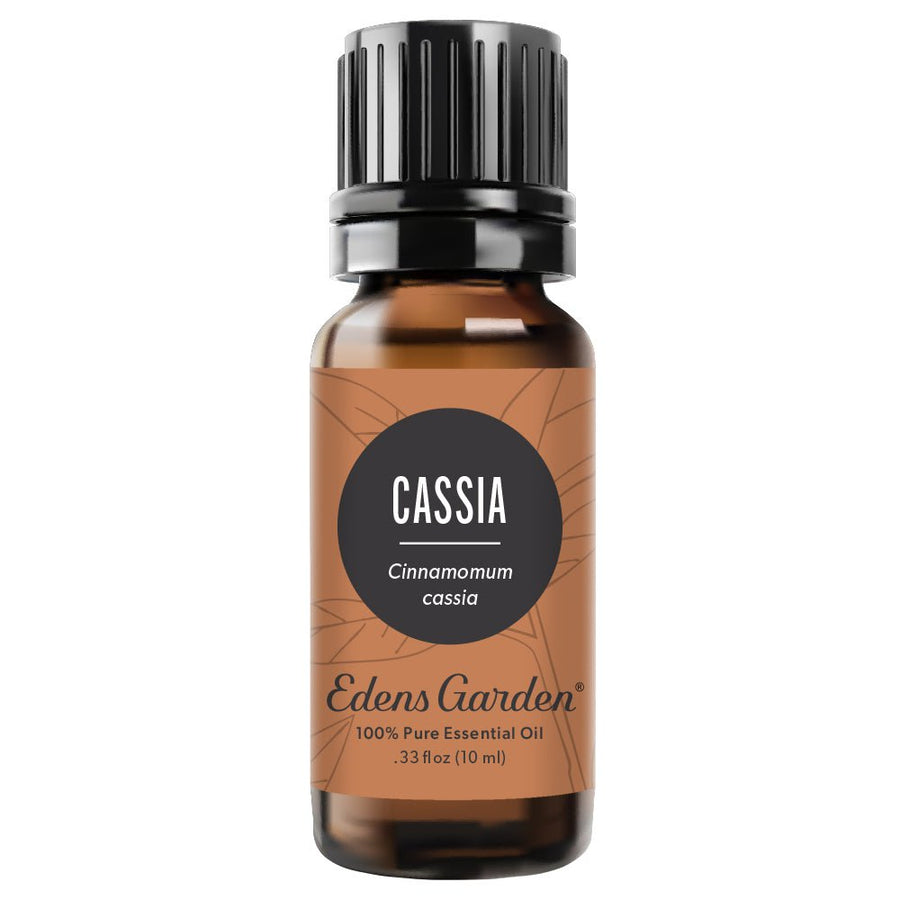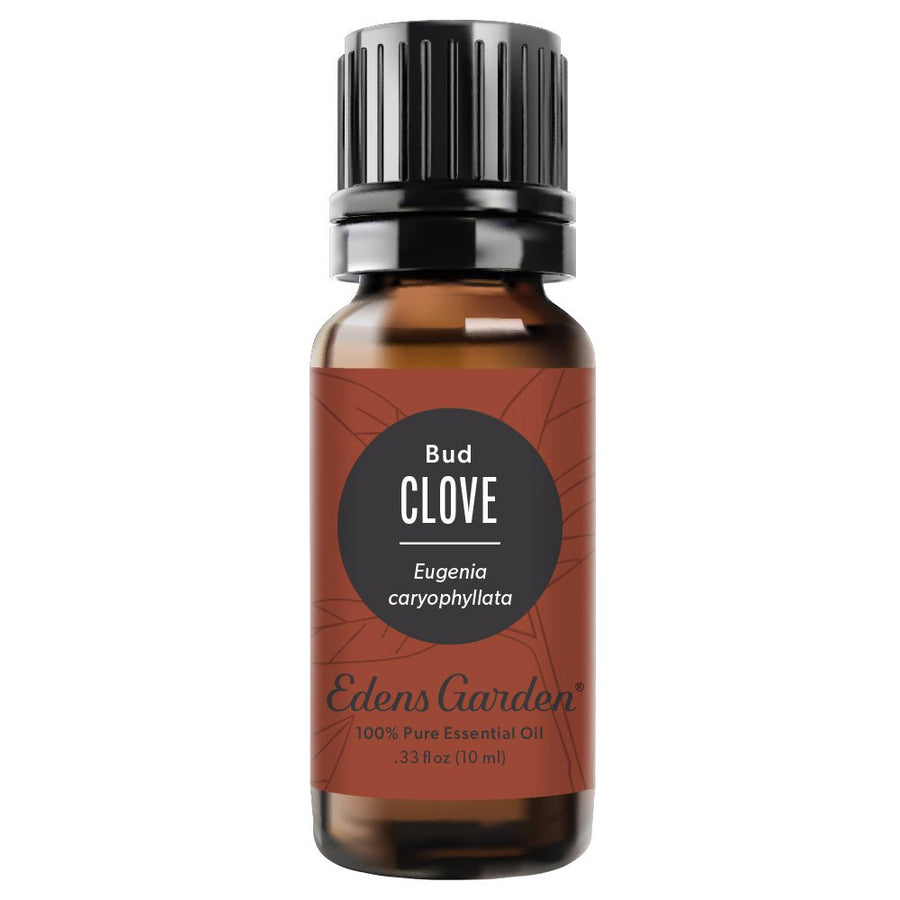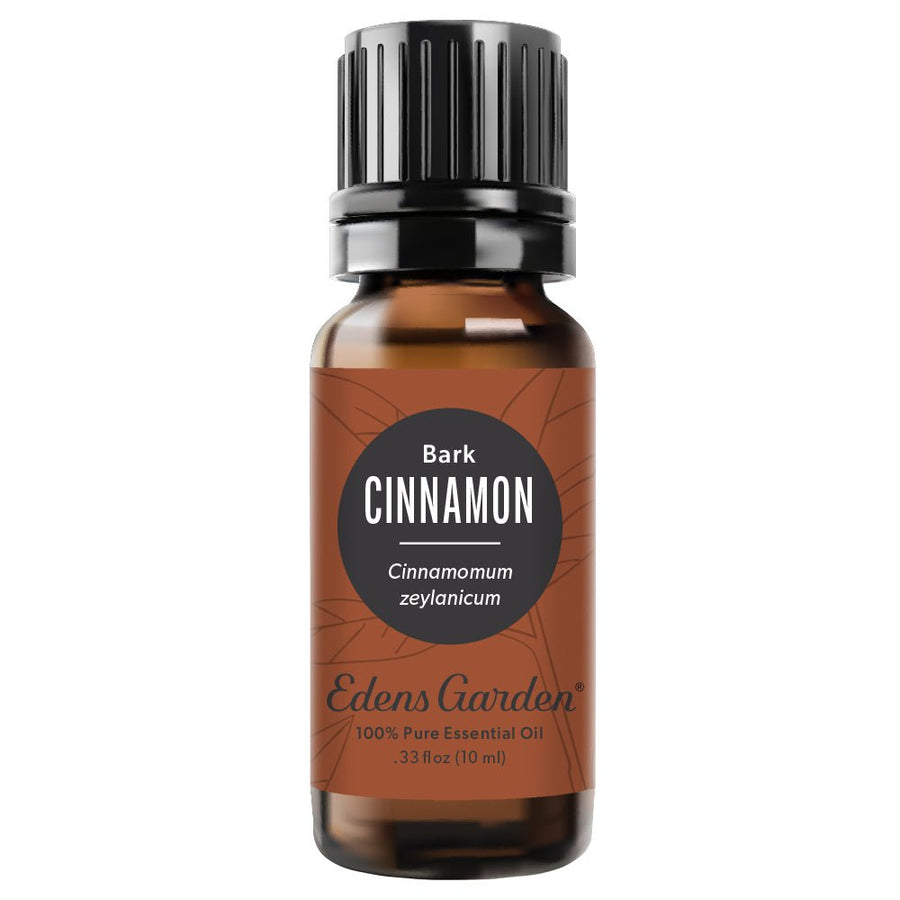Can Essential Oils Help With Diabetes?

With an estimated 1.5 million Americans diagnosed every year, diabetes is becoming a growing concern across the country. For those who’ve recently been diagnosed with diabetes or have lived with it for a while, you may be looking for new ways to improve your life with diabetes.
In this article, our aromatherapist discusses everything you need to know about diabetes, essential oils that can help you manage your diabetes symptoms and other ways to improve your lifestyle. Read on to find out more.
Diabetes Symptoms, Causes & More
Diabetes is classified as having too much sugar, or glucose, in the blood. An increased level of glucose is often caused by a lack of insulin–a hormone that lowers blood sugar levels. Sugar is used to fuel cells, especially brain cells. However, too much sugar in the bloodstream can be detrimental to one’s health if left unmanaged.
There are four types of diabetes:
Type 1 Diabetes
Chronic diabetes develops at any age, but especially in children and young people. With type 1 diabetes, the immune system attacks insulin, creating elevated levels of glucose in the body.
Type 2 Diabetes
Chronic diabetes that often develops in adults 40+. Type 2 diabetes occurs when the body resists insulin action, causing blood sugar to build up in the bloodstream.
Prediabetes
Potentially reversible diabetes classified by above-average blood sugar levels. Like type 2 diabetes, prediabetes occurs when the body resists insulin action.
Gestational Diabetes
Diabetes that develops during pregnancy and generally resolves after birth. Gestational diabetes occurs as a result of pregnancy hormones causing insulin resistance. The pancreas in turn cannot produce enough insulin to keep up.
The most common symptoms of diabetes include:
-
Increased appetite and thirst
-
Weight loss
-
Changes in vision
-
Irritability
-
Infections
If you suspect you have diabetes, we recommend consulting with your doctor.
Left untreated, diabetes can lead to the following health problems:
-
Alzheimer’s
-
Depression
-
Foot Damage
-
Heart Disease
-
Impaired Hearing
-
Infections
-
Neuropathy
-
Retinopathy
Can Essential Oils Help With Diabetes?
Multiple claims about essential oils’ benefits towards diabetes have been made, but are they true? Let’s look at the science.
-
Several studies have evidenced the antidiabetic potential of cinnamaldehyde–the major component found in Cinnamon Bark and Cassia essential oil. One such study concluded that cinnamaldehyde has the ability “to improve glucose and lipid homeostasis in diabetic[s]” and therefore, it may be a sufficient complementary alternative medicine for diabetes.
-
A similar study elucidated the effects of cinnamaldehyde and gathered that diabetic subjects treated with cinnamaldehyde showed significant improvements in multiple areas, including body weight, insulin sensitivity, blood glucose levels, food intake and more.
-
Scientists studied the effects of Clove oil on diabetic subjects and deduced that Clove’s antioxidant activity may help to manage and prevent type-2 diabetes caused by oxidative stress.
-
The effects of Coriander Seed extract on insulin release were observed in diabetic subjects. Blood was drawn 1.5, 3 and 5 hours after administration of Coriander Seed. Scientists note that administration of the extract significantly reduced glucose levels and increased insulin release. Note here, extracts and essential oils are not the same but share similar properties.
In each of the above studies, the essential oil or extract was administered orally–a method we do not suggest performing casually, especially when discussing hot oils such as Cassia and Cinnamon Bark.
We suggest diffusing these oils and inhaling them, or consulting with an aromatherapist near you for further guidance that meets your individual needs.
Try adding the following blend to a diffuser or personal pocket inhaler:
-
8 drops Cinnamon oil
-
5 drops Clove Bud
-
3 drops Coriander Seed
-
2 drops Melissa (also known as lemon balm)
How To Manage Diabetes
Treatment for diabetes can range from blood sugar monitoring and taking insulin to transplantation and surgery.
Along with incorporating helpful essential oils into your routine, doctors recommend the following for all diabetics or those at risk of developing diabetes.
Diet
Eating well-balanced meals, plenty of fruits and vegetables, and a good amount of fiber is something everyone should strive for, but for those with diabetes, a healthy diet is crucial.
Doctors recommend sticking to recommended portion sizes and keeping track of carbohydrates for those taking insulin because the amount of insulin you take is based on carb intake.
Because many diabetes medications are required to be taken at mealtime, doctors also recommend coordinating meals and medications at the same time.
Eating sugary, processed or generally unhealthy food and drink should be avoided.
Exercise
Again, while it’s recommended that most adults get around 150 minutes of moderate exercise per week, staying active is crucial to managing diabetes. During exercise, the muscles use glucose to fuel cells quicker and more efficiently. However, there are a few things to keep in mind.
-
Create an exercise plan with your doctor that’s based on your individual medical needs.
-
Check your blood sugar levels when exercising to ensure they don’t drop too low. Have a snack ready in case this happens.
-
Schedule your exercise routine around your medications and meals, as exercise may affect how your body metabolizes both.
-
Drink plenty of water.
Stress
Stress may cause an increase in blood sugar, therefore, it’s important to manage stress if you have diabetes.
Doctors recommend checking your blood sugar when you feel stressed and comparing these results to when you feel neutral or relaxed. Finding a pattern can help you better understand how stress affects your health.
Along with speaking to a psychologist or therapist, there are various ways you can manage stress at home, including practicing breathwork, meditation, yoga and diffusing stress-relieving essential oils.
Sources:
-
Statistics About Diabetes. https://www.diabetes.org/resources/statistics/statistics-about-diabetes
-
Diabetes. https://www.mayoclinic.org/diseases-conditions/diabetes/symptoms-causes/syc-20371444
-
Cinnamaldehyde in diabetes: A review of pharmacology, pharmacokinetics and safety. https://pubmed.ncbi.nlm.nih.gov/28559210/
-
Effect of Cinnamaldehyde on Glucose Metabolism and Vessel Function. https://www.ncbi.nlm.nih.gov/pmc/articles/PMC5562185/
-
Essential Oil from Clove Bud (Eugenia aromatica Kuntze) Inhibit Key Enzymes Relevant to the Management of Type-2 Diabetes and Some Pro-oxidant Induced Lipid Peroxidation in Rats Pancreas in vitro https://www.jstage.jst.go.jp/article/jos/64/7/64_ess14274/_article
-
Effect of coriander seed (Coriandrum sativum L.) ethanol extract on insulin release from pancreatic beta cells in streptozotocin-induced diabetic rats https://onlinelibrary.wiley.com/doi/abs/10.1002/ptr.2642
-
Diabetes management: How lifestyle, daily routine affect blood sugar. https://www.mayoclinic.org/diseases-conditions/diabetes/in-depth/diabetes-management/art-20047963
Grab The Essentials Here:
Leave a comment (Comments will be approved before showing up)
8 comments
Edens Garden
Hi Terri! Our aromatherapists would love to assist you with specific aromatherapy instructions and information. Please reach out to them for more info! aaa@edensgarden.com
Terri
My 15 yo grandson has prediabetes high blood pressure and high cholesterol if not treated with meds and despises taking them. It is a genetic situation for him that he gets from his father. He is an athlete and he is 6 foot six and 250 pounds and is trying to get an even better shape that he’s already M, but he is depressed because of having to take all these medication‘s and be so careful, do you think there is an essential oil combination that can help him?
Edens Garden
Hi Alice! Please reach out to our aromatherapist for further assistance: aaa@edensgarden.com
Jan
In type 1 diabetes, the immune system is attacking the insulin producing cells of the pancreas, not insulin itself. Type 1 diabetics must injection insulin (and now can even inhale certain types of insulin like Afreeza!) due to the inability to make it on their own.
Just wanted to point that out (I have type 1 and I’m a nurse!) For your article :) hope this finds you well.
Eli
I really liked this article. I unfortunately have type 1 diabetes. For me, one of the most harmful things for my blood sugar is stress. While I haven’t yet tried the oils mentioned, I do use and love the relaxation synergy blend. Thank you so very much for taking the time to help with this information.
Alice Gmyrek
Thank you for the inhaler recipe. How often should you use it?
Amy
Diabetes is complicated for sure. I’m a mom of a Type one child. The immune system attacks the Beta cells in the pancreas. That person then can no longer make insulin. This person now has difficulty with high and low blood glucose. Their symptoms are more varied.
I have previously read an article similar to this and agree that it may be beneficial to a type one adult.
Type one is treated differently than a diet controlled type two or pre-diabetic or gestational. And here’s a fun thought! There are more! Type 1 1/2 and MODY!! Yikes! And they are treated differently as well. No matter which one, diabetes is a horrible disease. Please everyone when you talk with one, be sensitive. 💞







imran
September 26, 2024 at 11:37 am
increasing aroma knowledge. very concise and beautifully presented